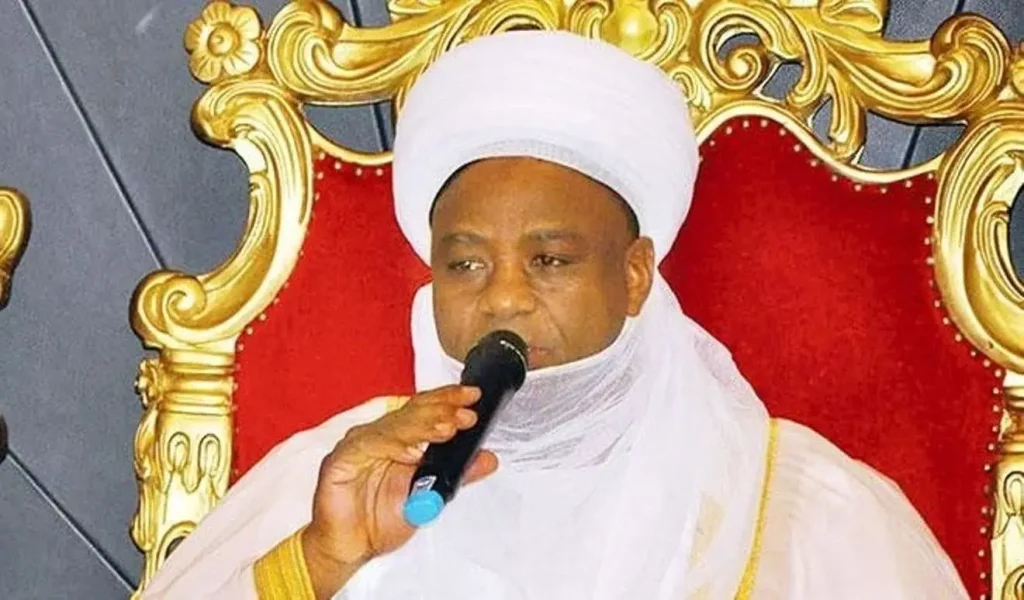
Sultan of Sokoto Advocates for Girl Child Education, Emphasizes Islam’s Support
The Sultan of Sokoto, Alhaji Sa’ad Abubakar III, has clarified that Islam does not oppose the education of the girl child.
Speaking in Bauchi on Thursday during the Adolescent Girls Initiative for Learning and Empowerment (AGILE) project, organized by the Ministry of Education with support from the World Bank, the Sultan highlighted the importance of addressing the barriers preventing widespread access to education for girls.
Sultan Abubakar acknowledged that while there are various reasons why the education of the girl child is not fully embraced in some regions, the primary challenge lies in the manner in which education is delivered and the societal perceptions surrounding it. He stressed that Islamic teachings are not an obstacle to girls’ education but rather support it, emphasizing the pivotal role of education in empowering girls and improving society as a whole.
Reflecting on his journey to Bauchi, the Sultan expressed concern upon seeing children hawking goods on the streets, asking them why they were not in school. The children explained that they attend school in two shifts: morning and afternoon. This observation led the Sultan to underline the need for more effective strategies to ensure that all children, particularly girls, can access education without the need to engage in street trading.
He further emphasized that educating the girl child is one of the most impactful ways to foster societal progress. “When we educate the girl child, we are investing in the future,” the Sultan stated. “She will use her education to improve herself, her family, and her community.”
The Sultan’s comments reinforce the need for continued advocacy and action towards ensuring equal access to education for all children, particularly girls, in Nigeria.





